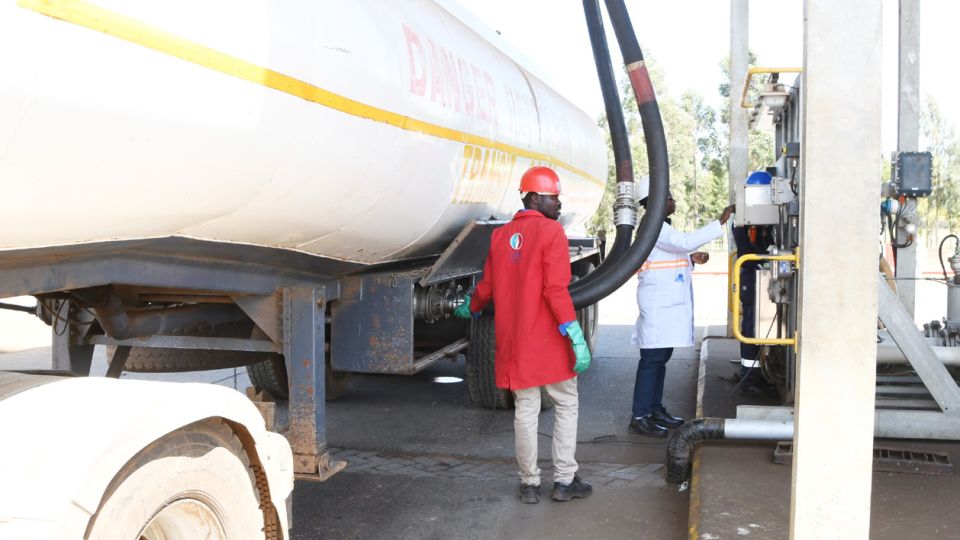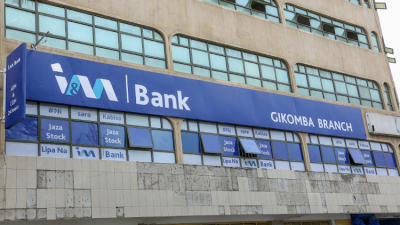The energy regulator has started reviewing the storage and transport fees for fuel that are charged by Kenya Pipeline Company (KPC), in what looks set to increase pump prices next year.
The Energy and Petroleum Regulatory Authority (Epra) has invited Kenyans to weigh in on the proposed charges, as KPC eyes more billions to revamp its network as part of cementing its position as the single biggest player in supplying refined fuel to the Eastern Africa region.
Review of the tariffs however looks set to inflict fresh pain on consumers given that the energy regulator will pass the higher tariffs to consumers at the pump.
Pump prices have been on a steady drop from December last year with a litre of petrol retailing at Sh188.84 from Sh212.36 in December while that of diesel has fallen to Sh171.6 from Sh201.47 in the same period in Nairobi.
In July this year, transport charges rose by 6.75 percent to Sh5.44 per cubic metre per kilometre from Sh5.12 per cubic metre per kilometre while storage fees at KPC’s four depots increased by up to 7.95 percent or by Sh305.81 per cubic metre.
However, an increase in the pricing components of fuel including the pipeline transport and storage fee can be undone by higher drops in the landed costs of fuel.
This means that Kenyans can escape the impact of the new pipeline charges if the shilling maintains its rally against major currencies like the dollar and global prices of fuel do not spike.
Two years ago, KPC hinged its push for higher pipeline transport and storage charges on the need to raise cash to build a new pipeline from the port of Mombasa to Nairobi amid rising demand.
KPC is also set to build a common user facility for handling cooking gas, highlighting the need for more cash. The facility to be constructed in Changamwe will have a capacity of 30,000 tonnes of Liquified Petroleum Gas.
Official data shows that demand for fuel in the regional market has been rising and hit 9,500 tonnes last year compared to 8,000 tonnes in 2022. The rise is likely to continue amid increasing as the respective countries build fuel demands from the factories and transport sector.
The charges have been increasing at the start of every financial year since 2022 in line with the current tariffs that come to an end in June next year.
Storage charges for fuel meat for the local market are between Sh1,527.48 per cubic metre and Sh4,175.37 cubic metres. The highest is at KPC’s Kisumu terminal at Sh4,175.37 per cubic metres and the lowest at Konza facility.
For transit fuel, KPC is currently charging up to $37.79 (Sh4,866.97) per cubic metre at the Kisumu terminal while the lowest fee is at the $31.42 (Sh4,046.58) per cubic metre at the Nakuru terminal.
But while KPC is keen to raid consumers and raise more money to upgrade its network and bolster system efficiencies, the agency is alive to the risk of significantly hiking the charges.
Higher charges for use of KPC’s network can potentially hand the port of Dar es Salaam an upper hand in the battle for oil marketers in the Eastern Africa region.
KPC and the port of Mombasa are keen to protect their regional market in importation and transport of fuel amid growing competition from the port of Dar es Salaam.
In the current pump prices, for every litre of petrol and diesel, pipeline transport costs between the port of Mombasa and Nairobi are Sh2.79 compared to Sh2.58 for the same quantity of fuel in the previous tariffs.
Currently, KPC charges between Sh5.44 per cubic metre (1,000 litres) per kilometre, compared to the Sh5.12 that was charged for the same quantity and distance in the financial year that ended June this year.







